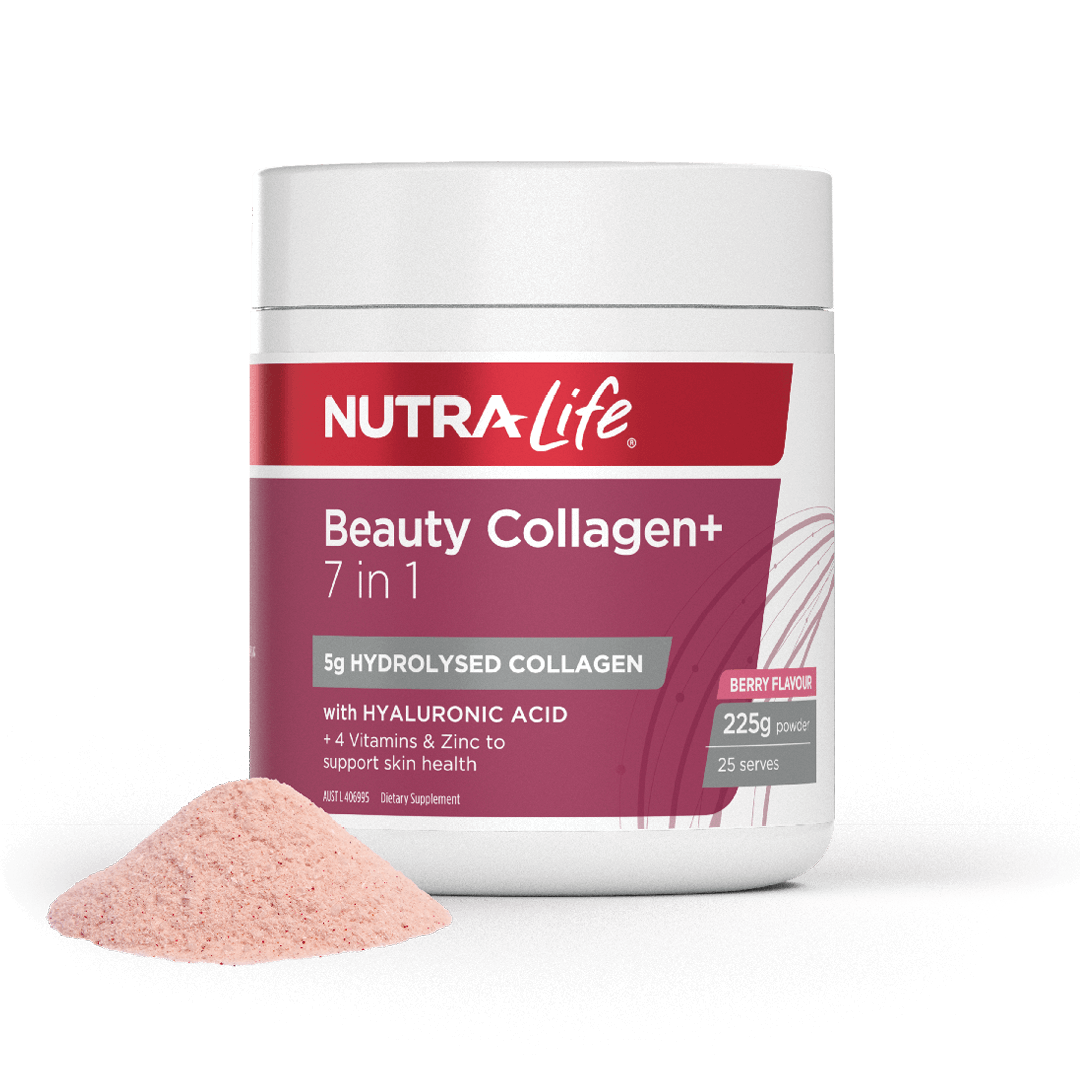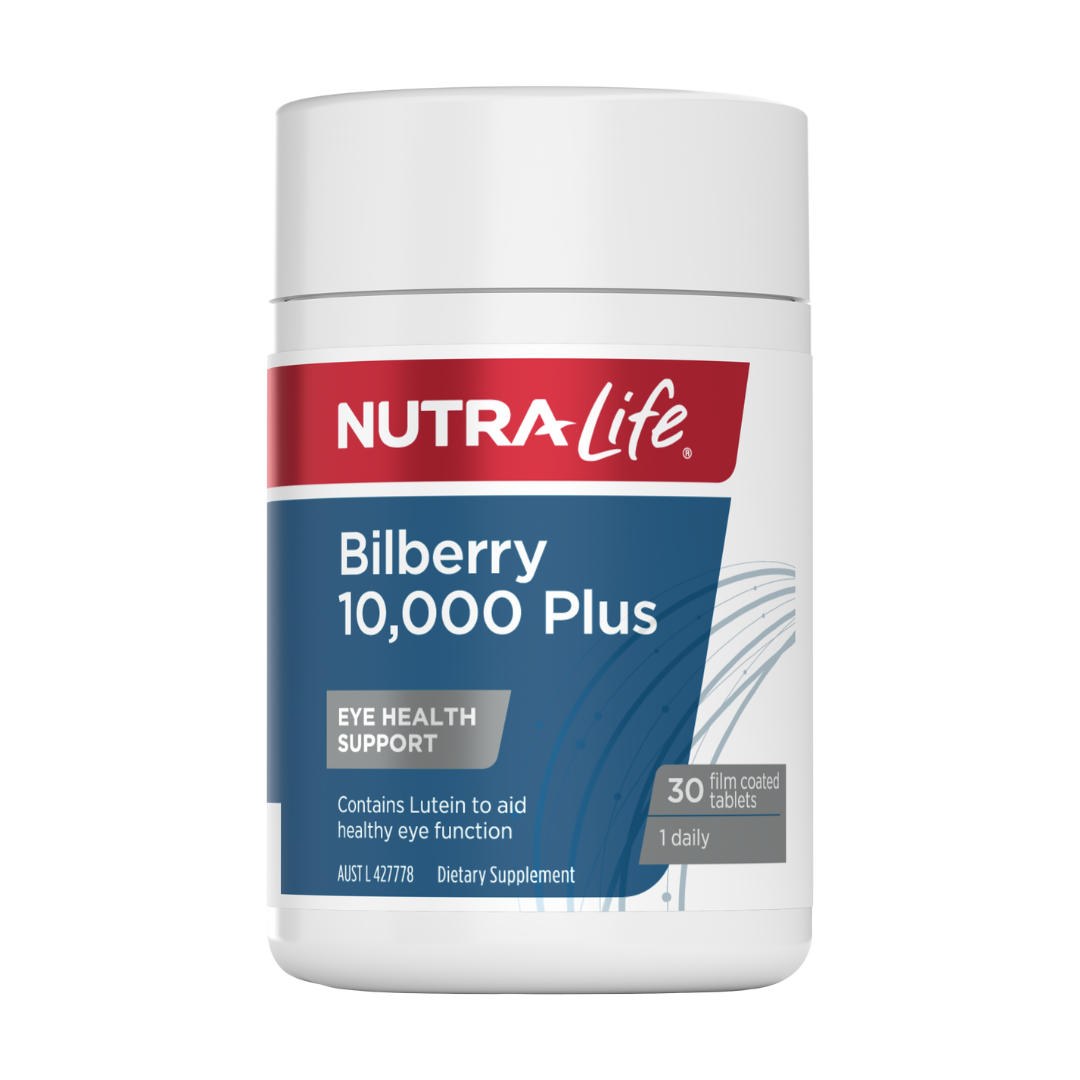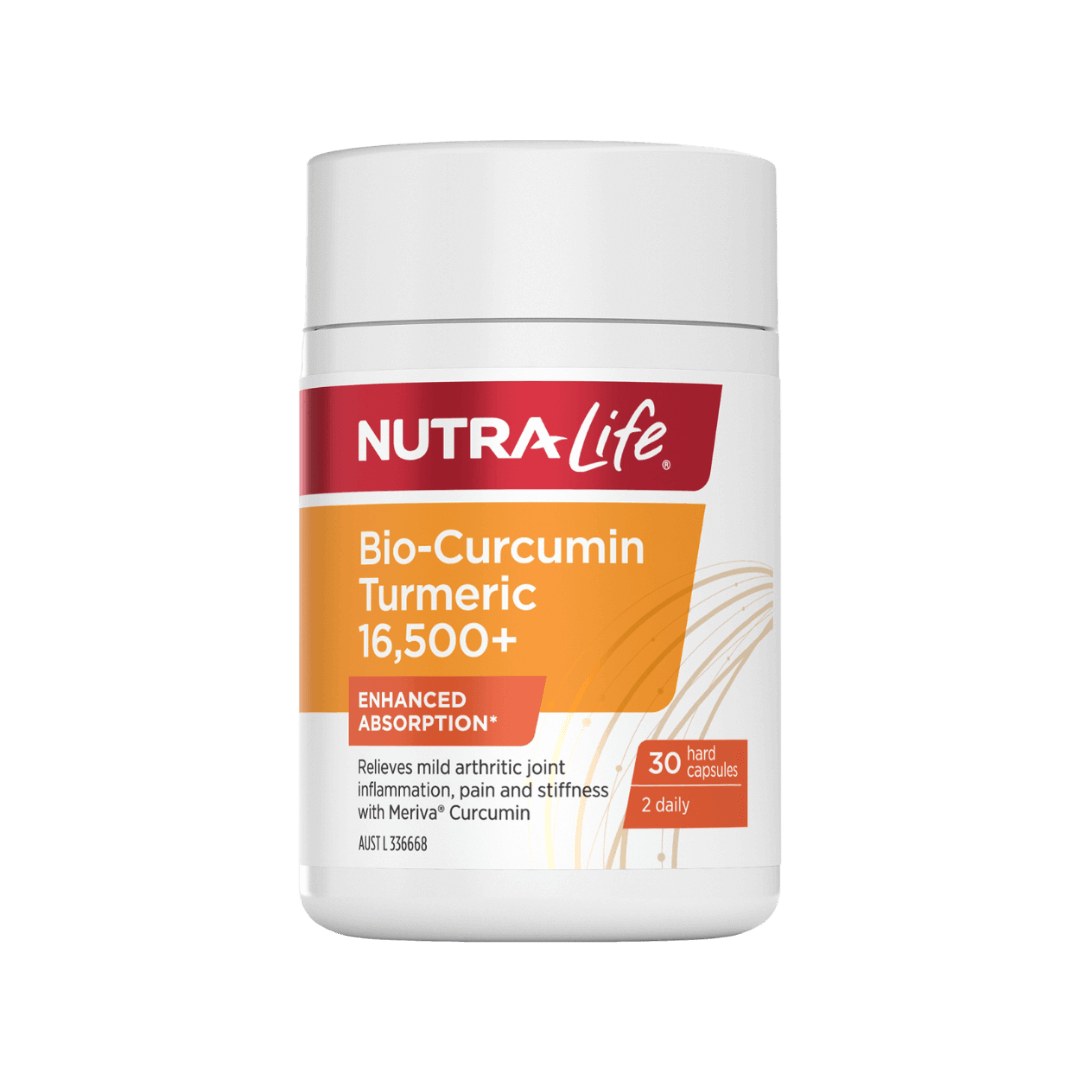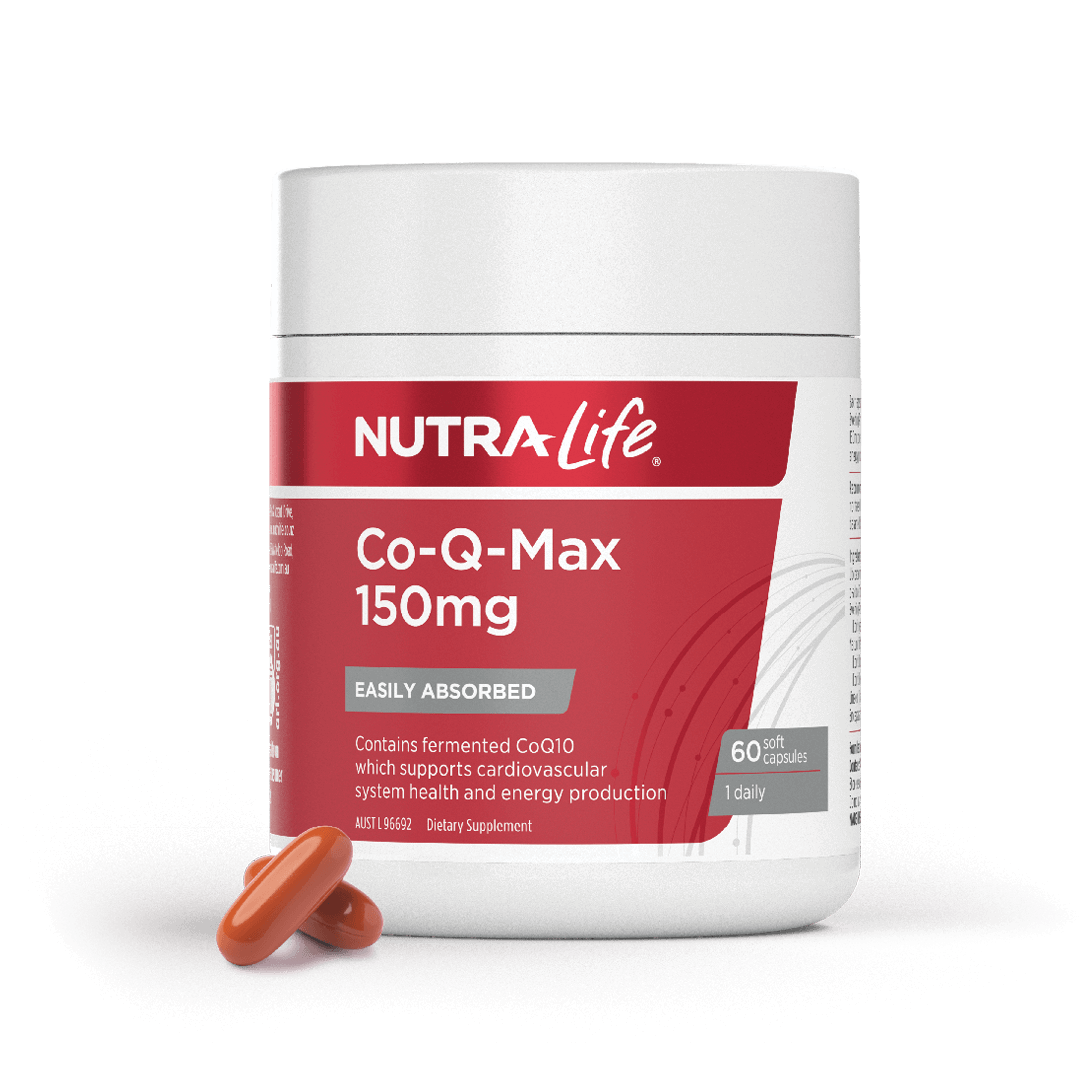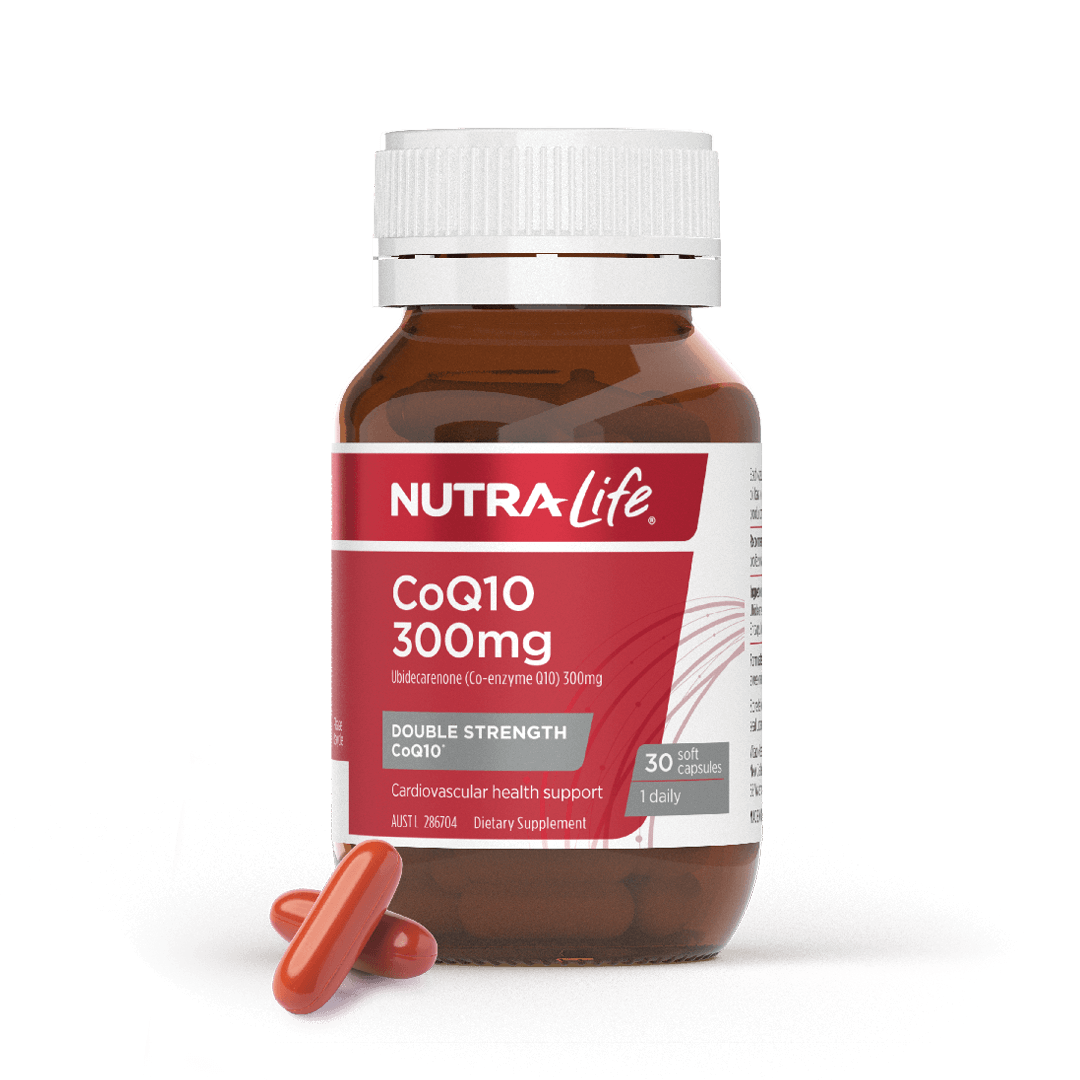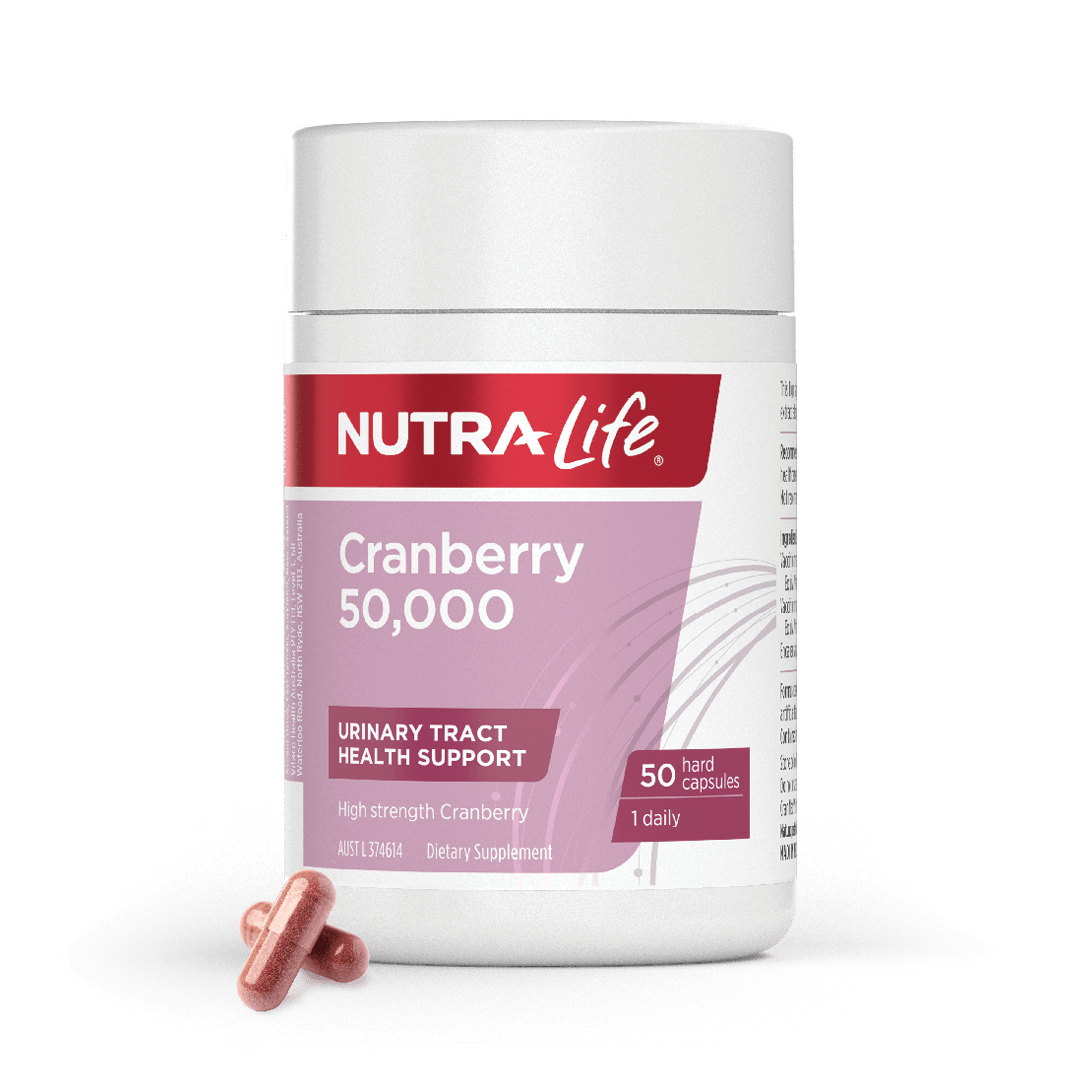Magnesium is an essential mineral that plays a crucial role in maintaining various bodily functions. Its importance is often understated, but it's vital for everything from energy production to muscle function.
Among the various forms of Magnesium supplements available, Magnesium Glycinate stands out for its particular benefits. In this blog, we'll delve into what Magnesium is, explore the different types of Magnesium supplements, and highlight why Magnesium Glycinate is a preferred choice for many.
What is Magnesium?
Magnesium is a mineral that is involved in over 300 biochemical reactions in the body. It's essential for synthesising proteins, maintaining nerve and muscle function, regulating blood sugar levels, and supporting a healthy immune system. Despite its importance, many people do not get enough Magnesium from their diet. Magnesium is found in foods such as nuts, seeds, whole grains, and green leafy vegetables, but supplementing with Magnesium can help fill the gaps, particularly for those with dietary restrictions or higher needs.
What Causes Magnesium Deficiency?
According to the Australian Bureau of Statistics, the 2011-2012 National Nutrition and Physical Activity Survey revealed that one in three Australians over the age of two did not meet their Estimated Average Requirement (EAR) for magnesium. 37% of males and 34% of females fell short of their dietary requirements. Furthermore, the survey also found that 72% of females and 61% of males aged 14 to 18 did not meet the EAR[1].
Causes of magnesium deficiency include[2]:
- excessive fluid and electrolyte losses
- general malnutrition and alcoholism
- use of drugs that may interfere with magnesium conservation
Different Types of Magnesium Supplements
There are several types of Magnesium supplements available, each with unique properties and benefits. Understanding these can help you make an informed decision about which supplement might be right for you. Some of the most common forms: Magnesium oxide, citrate, phosphate, chelate, and glycinate.
Magnesium Oxide
Magnesium oxide is one of the most commonly used forms of Magnesium due to its high Magnesium content per dose. It is often used to treat Magnesium deficiency and to relieve constipation. However, it has lower bioavailability compared to some other forms, meaning that the body doesn't absorb it as efficiently. This can lead to digestive discomfort, such as diarrhoea, which is a common side effect.
Magnesium Phosphate
Magnesium phosphate is another form of Magnesium supplement that combines Magnesium with phosphoric acid. It is known for its potential to support cellular energy production and muscle function. This form is often used in combination with other Magnesium compounds in various supplements, particularly those designed to support overall energy levels and muscle health.
Magnesium Citrate
Magnesium citrate is a more bioavailable form of Magnesium compared to Magnesium oxide. It is created by combining Magnesium with citric acid, which enhances its absorption in the digestive tract. Magnesium citrate is commonly used to support digestion and can be beneficial for relieving constipation. It tends to be better tolerated by the stomach than Magnesium oxide.
Magnesium Chelate
Magnesium chelate is a form where Magnesium is bound to amino acids, which can improve its absorption. The chelation process helps the Magnesium pass through the intestinal wall more easily. Magnesium chelate is generally well-tolerated and can be effective for people with sensitive digestive systems. However, the specific benefits can vary depending on the type of amino acids used in the chelation process.
Magnesium Glycinate
Magnesium Glycinate is a compound of Magnesium and glycine, an amino acid. This form of Magnesium is known for its superior absorption (when compared to Magnesium oxide) and gentle impact on the digestive system.
The rate of how much Magnesium is absorbed depend on many parameters [2] such as:
- low protein intake
- excess dietary fat
- competitive with other minerals for absorption (high calcium intake)
The glycine component in Magnesium Glycinate helps to enhance the bioavailability of Magnesium, making it an excellent choice for those who need to maximise Magnesium absorption or who experience digestive discomfort with other forms.
Do You Need a Magnesium Supplement?
Whether you need a Magnesium supplement depends on your diet, health, and individual needs. If you consume a balanced diet rich in Magnesium-containing foods like nuts, seeds, and leafy greens, you may not need a supplement.
However, if you experience symptoms of Magnesium deficiency-such as tight, tense muscles, feel fatigued or have an inability to relax -or have specific health conditions affecting Magnesium absorption, a supplement might be beneficial. It's best to consult with a healthcare professional to assess your Magnesium levels and determine if supplementation is necessary for your overall health and well-being.
How to Choose the Best Magnesium Supplement for You
To choose the best Magnesium supplement, consider factors like absorption, tolerance, and your health goals. Magnesium Glycinate is highly absorbable and gentle on the stomach, making it a good choice for those with sensitive digestive systems. Magnesium citrate is effective for digestion and constipation. If you need a supplement for specific conditions like muscle cramps or sleep issues, look for forms that match your needs.
Always check for any potential interactions with medications or existing health conditions. Consult with a healthcare professional to determine the most suitable form and dosage based on your individual requirements.
Magnesium Glycinate is often recommended due to its high bioavailability and minimal side effects. Here's why it might be the right choice for you:
- High absorption: Magnesium Glycinate is well-absorbed by the body. The chelation process-where Magnesium is bound to glycine-enhances the mineral's ability to cross the intestinal barrier and enter the bloodstream.
- Gentle on the stomach: Unlike Magnesium oxide, which can cause digestive upset and diarrhoea, Magnesium Glycinate is less likely to cause gastrointestinal issues. This makes it a suitable option for individuals with sensitive stomachs or those who have experienced discomfort with other forms of Magnesium.
- Supports relaxation: Glycine, the amino acid in Magnesium Glycinate, has its own calming properties. This combination can be particularly beneficial for supporting nervous system function and relaxation, which in turn can support sleep quality.
- Effective for long-term use: Because of its gentle nature and high absorption rate, Magnesium Glycinate can be taken daily without the risk of causing digestive disturbances. This makes it an ideal choice for long-term Magnesium supplementation.
Is Magnesium Glycinate the same as chelated Magnesium?
It can be, but not always. Magnesium Glycinate is a form of chelated Magnesium. Magnesium chelate is a general term for all forms of Magnesium where Magnesium is bound to (usually) an amino acid. The absorption of chelated forms of Magnesium is excellent. The amino acid used for chelation with Magnesium is often Aspartic acid or Glycine, but other amino acids can be used, including rice protein which is used for its variety of amino acids.
Most chelated forms of Magnesium comprise 10-20% Magnesium bound to 80 -90% of an amino acid. This chelation process helps the body better absorb the Magnesium and is generally gentler on the stomach compared to other forms.
Summary
Magnesium is a vital mineral with numerous roles in the body, from supporting muscle and nerve function to aiding in energy production. While there are various forms of Magnesium supplements available, Magnesium Glycinate is often preferred for its superior absorption and minimal gastrointestinal side effects. Whether you're looking to address a deficiency, support relaxation, or improve overall health, Magnesium Glycinate offers a reliable and effective option.
Always consult with a healthcare professional before starting any new supplement regimen to determine the best choice for your individual needs.
References:
[1] Australian Health Survey: Usual Nutrient Intakes, 2011-12, Australian Bureau of Statistics





